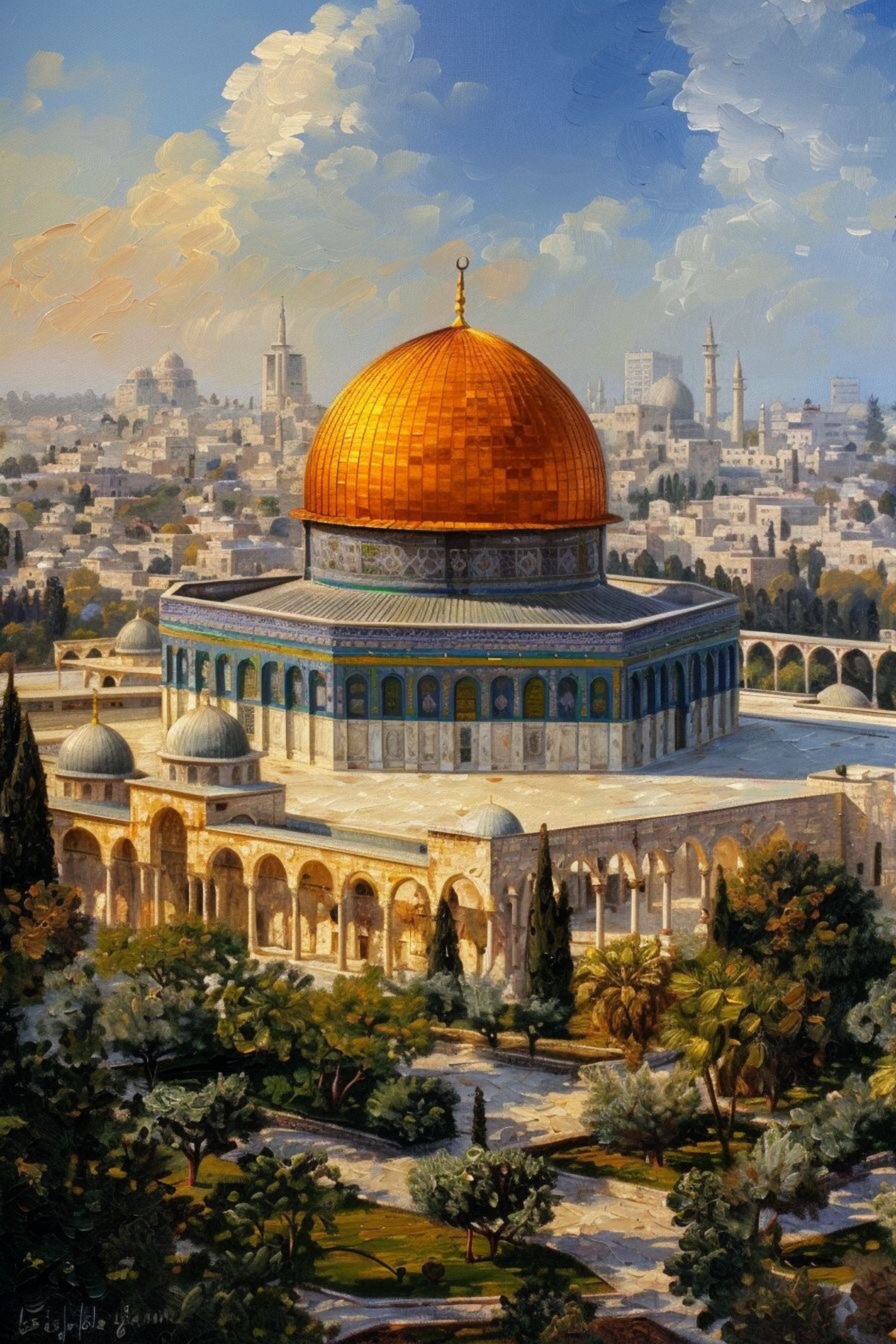In Judaism, the Messiah is known as the son of David
Jewish teachings about the Messiah, often referred to as the "Mashiach," frequently evoke the figure of the Son of David. Here are a few notable quotes and concepts regarding the Messiah from Jewish rabbinical texts:
1. Maimonides (Rambam): In his "Mishneh Torah," he states that the Messiah will be a descendant of King David and will restore Israel to its former glory.
2. Talmud (Sanhedrin 98a): The Talmud describes the Messiah as a "Son of David" who will arise in a time of tribulation and will bring peace to the world.
3. Rabbi Isaac Luria (Ha'ari): He emphasized the messianic role of the Son of David in bringing about the final redemption and restoring the Jewish people to their land.
4. Rashi: In his commentary on various texts, he frequently references the Messiah as a Davidic king who will gather Jews from the diaspora and rebuild the Holy Temple.
These teachings reflect a deep-rooted belief in a future redeemer who will come from the lineage of David, fulfilling prophetic promises found throughout the Hebrew Scriptures. The concept of the Messiah is a source of hope and expectation in Jewish thought.
Is Muhammad the messiah whom Jews were waiting for according to the Islamic belief? The answere is indirectly yes based on Surah 2, verse 89. How is their argument articulated from an Islamic perspective?
While Islamic belief does not directly identify Muhammad as the Messiah awaited by Jews, some interpretations and arguments can imply a connection based on Surah 2:89 of the Quran.
The verse reads:
“And when the Book was sent to them by God verifying what had been revealed to them already even though before it they used to pray for victory over the unbelievers and even though they recognised it when it came to them, they renounced it. The curse of God be on those who deny!“
Here’s how the argument is articulated from an Islamic perspective:
1. “That which was with them”: Surah 2, verse 89, refers to the Jews receiving a Book (the Quran) that confirms earlier scriptures. This verse highlights that those who awaited divine guidance through a messiah should have recognized Muhammad's prophethood since it aligns with their prophecies concerning redemption.
2. Recognition of Truth: The verse emphasizes that the Jewish people had previously prayed for a deliverer( Messiah) or victory over disbelief. When Muhammad came with a message that they were familiar with (based on their scriptures), many of them rejected him. This rejection is seen as a failure to recognize the fulfillment of what they had been waiting for, which could suggest that from an Islamic perspective, Muhammad embodies the qualities of a Messiah in bringing forth God's final revelation.
3. Completing the Message: Muslims believe that Muhammad’s role as the final prophet completes the message of the earlier prophets and brings a universal message accessible to all, including Jews. Hence, in this context, some may argue that he fulfills the broader expectations of a Messiah-like figure, even if not in the traditional Jewish sense.
4. Prophetic Tradition: Islamic tradition speaks of the coming of Jesus as a key figure who is also termed the Messiah (Masih). In this context, some Islamic interpretations view Muhammad’s prophecy as part of a continuum, where he is vital in the unfolding of the divine plan, which eventually includes the return of Jesus.
In summary, from an Islamic perspective, while Muhammad isn't explicitly defined as the Messiah in the same way as in Judaism, some interpretations of Surah 2, verse 89, suggest that his mission aligns with the expectations surrounding a messianic deliverer or prophet, indicating a fulfillment of their hope for divine guidance.

